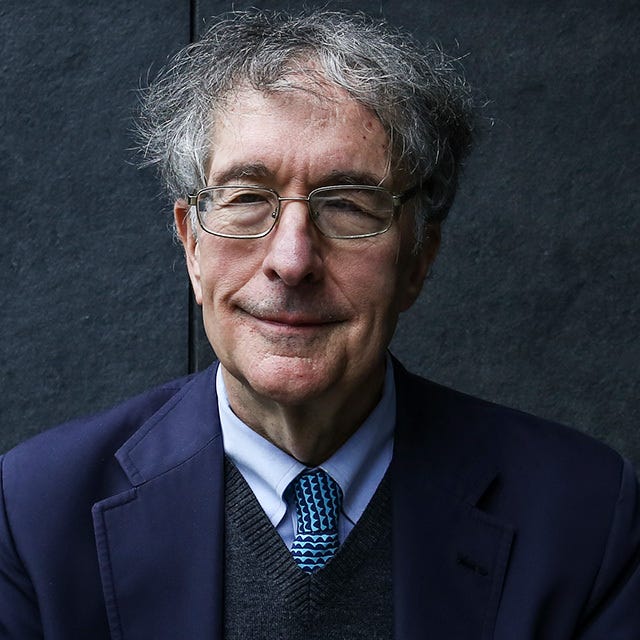Multiple Intelligences
Dr. Howard Gardner and I have a lively debate about multiple intelligences.
Today I have a very special interview to share with you with Dr. Howard Gardner. Dr. Gardner is a developmental psychologist and a professor of cognition and education at Harvard’s Graduate School of Education. He was a founding member of Harvard Project Zero in 1967 and has written hundreds of research articles and over thirty books, including his most recent books “The Essential Howard Gardner on Mind” and “The Essential Howard Gardner on Education.” His most well known book, however, is his 1983 book Frames of Mind: The Theory of Multiple Intelligences. This book was revolutionary at the time because it challenged the notion that intelligence is singular, and that intelligence can best be measured by IQ tests.
On a personal note, when I was an undergraduate I remember coming across this book and deciding then and there that I wanted to spend the rest of my life studying this topic. I credit Howard Gardner as being one of the most important influences on my decision to go into the field of psychology. I was actually accepted to be his graduate student, to be co-advised by him and Kurt Fischer, but ultimately decided to study with Robert Sternberg who also has done groundbreaking work on human intelligence.
This is a very lively discussion with a person who I deeply respect. My own thinking on intelligence has evolved quite a bit since I was an undergrad, and it was an honor to have a bit of a debate with Dr. Gardner on what I see as some of the limitations of his theory. I consider it a privilege to be able to have this conversation and to share it with you all today.
Listen to the full episode here.



I think what makes human intelligence so confusing is that we have two distinct mental faculties, intuition and... reason, for the lack of better word (the Greek word was logos, but we've long forgotten its original meaning). The two combine in different proportions, and the development of both is highly influenced by the individual's experience.
The net result is what looks like multiple kinds of intelligence -- even though under the hood, again, it's just System 1 and System 2.
Thank you for this nuanced and historically grounded exploration of MI theory. Your article does an excellent job of tracing the journey from Gardner's original, complex hypothesis to the simplified, often distorted version that permeates education today. This distinction is everything. By presenting Gardner's own caveats and the theory's subsequent bastardization, you provide a much fairer assessment than the typical outright dismissal.
This history supports the idea of a "Science Spectrum Theory." On one end, we have well-established, predictive science. On the other, we have demonstrable pseudoscience. The popular version of MI—with its eight neat categories and direct implications for lesson planning—firmly sits near the pseudoscience end. However, Gardner's original work resides in a more ambiguous middle ground. It was a heuristic, a philosophical proposition, and a taxonomic challenge to the psychological establishment. It was never a proven neurological model, but as you note, it wasn't intended to be one in the way it was later sold. Its scientific weakness is in its lack of falsifiability and predictive power, but its cultural and intellectual influence is undeniable.
This is where the analogy to intelligence testing is useful. Just as IQ tests can be criticized for largely measuring how good one is at taking IQ tests (a specific, culturally-loaded skill set), MI theory can be seen as a framework for describing how good people are at different, culturally-recognized pursuits. Neither gives a complete picture of human cognition. The g-factor is a powerful statistical reality, but it exists on a spectrum itself; it doesn't capture the full range of human talent and creativity that MI attempted to catalog. Viewing them as competing, black-and-white theories is less productive than seeing them as different lenses on the complex spectrum of human ability.
In conclusion, the greatest value of your article is in restoring this complexity. Labeling MI a pure "neuromyth" risks throwing the baby out with the bathwater—discarding the valuable insight that human potential is multifaceted along with the unscientific pedagogical practices it inspired. Its true legacy may not be in the science of learning, but in the philosophy of human potential, forcing a long-overdue conversation about the narrowness of our traditional metrics. Acknowledging this allows us to appreciate its historical role while confidently moving past its misapplications in modern pedagogy.